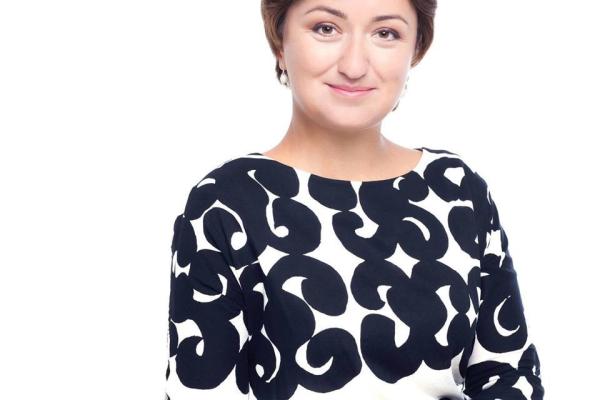
Tue, October 27, 2015
12:00 pm - 1:30 pm
Mershon Center for International Security Studies
Register for this event on the Mershon Center for International Security Studies website.
Olga Kamenchuk is the Director of International Studies at VCIOM (Russian Public Opinion Research Center), the leading opinion polling company in the post-Soviet area. She has headed over a hundred of opinion research projects for such institutions as: European Commission, UNDP, Cambridge University, Annenberg School for Communication, Bloomberg, Thomson Reuters, Asahi Shimbun, etc.
Kamenchuk is Head of Sociology of Mass Communication Department at MGIMO (Moscow State University of International Relations) and teaches Political Psychology, Applied Sociological Analysis, Sociology of Mass Media, as well as other graduate and undergraduate level courses in the School of International Journalism and the School of World Politics there. She has conducted data collection in the USA, UK, Germany, Poland and all former USSR countries, including Ukraine and Russia. Her research interests include: mass media, international security, post-Soviet area, comparative research methods, and Big Data analysis.
Abstract
25 years ago a majority of Russians saw United States as their major friend in the global arena. Currently ¾ say that the US is a major enemy and are convinced that they are hated back by Americans. What happened in Russia and with its population during this period that lead to such a drastic reversal in the attitudes? Which policy towards US do Russians support? Who do they consider being the major friends of their country now and will they manage to reintegrate the post-Soviet area?
The presentation will address the socio-political and socio-economical basis for the latest developments in Russia’s foreign policy and the capabilities this country has for its external assertiveness.
The major source of the data presented during the talk will come from weekly opinion polls conducted in Russia and other former Soviet republics between 1990 and 2015, in US and some EU states, as well as big data analysis of the social media in the Russian and English-speaking segments.
